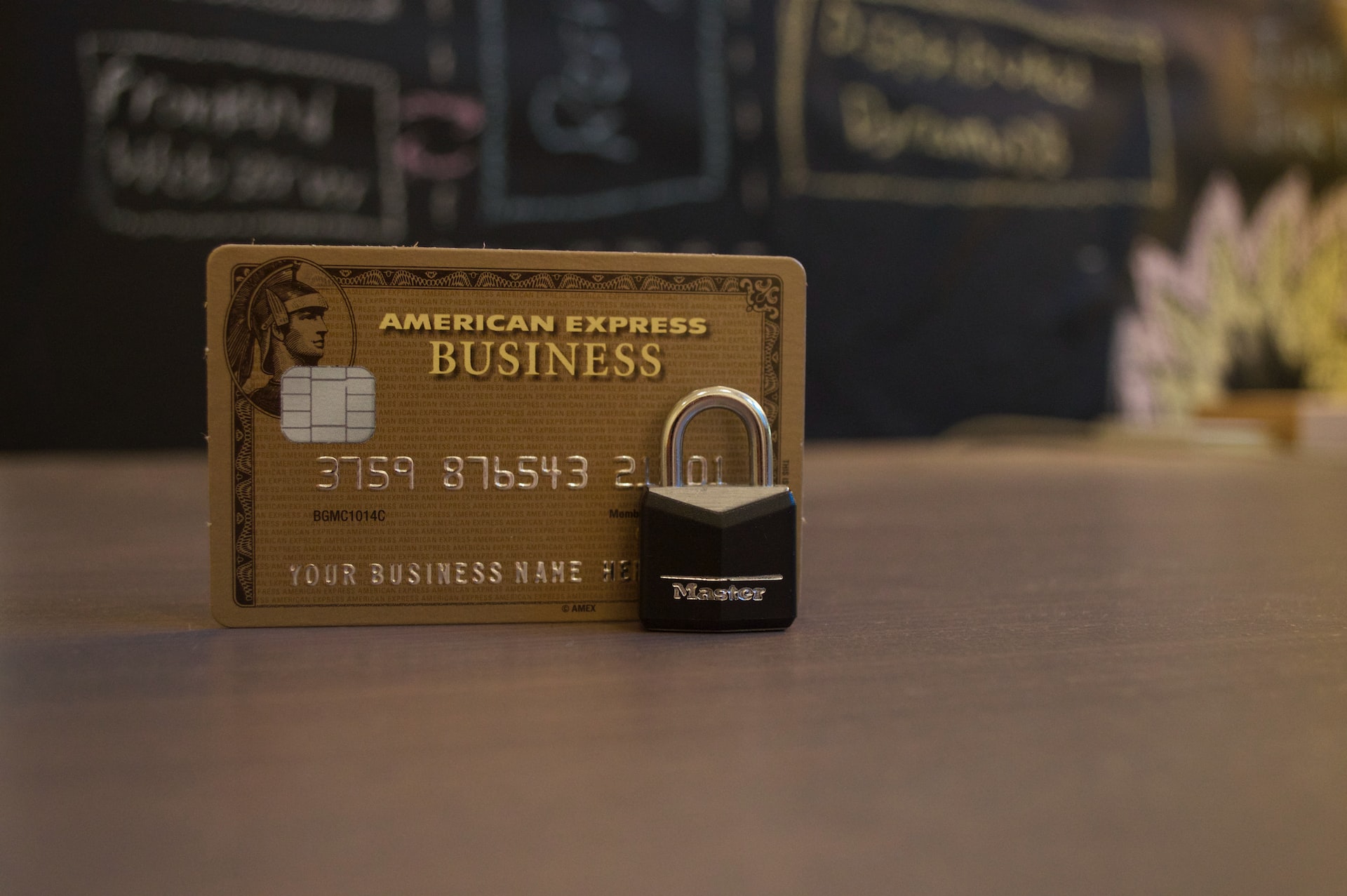Are you having some difficulty getting approved for a traditional credit card? Whether you’re looking to establish your credit from scratch or raise your credit score, a secured credit card could be a viable alternative. It caters to credit newbies and consumers with past credit challenges or bad credit.
But maybe you’re wondering how it actually helps improve your credit score, what kind of an increase to expect or how long it’ll take to build credit with a secured credit card. Read on to discover the answers that you’re looking for and learn about an innovative mobile app that can help boost your credit health.
What is a Secured Credit Card?
Like traditional credit cards, secured credit cards can be used to make everyday purchases. But there’s a fundamental difference – secured credit cards require a deposit before you can start using the account. It’s typically equal to your credit limit and serves as collateral.
In the unlikely event you fall behind on the monthly payments, the credit card issuer can keep your deposit (or the portion of the amount you owe) to recoup their losses. You also have the option to close the card to get your deposit back, and some credit card companies even upgrade you to an unsecured credit card after an extended period of responsible use.
To build credit, the secured card must report account activity to the three credit bureaus – Experian, TransUnion and Equifax.
How Secured Credit Cards Can Help You Raise Your Score
If your credit score is on the lower end, there are a few ways you can use a secured credit card to raise it:
- Make timely payments. One of the most important factors in your credit FICO score is your payment history. Make sure to pay your secured credit card bill on time every month to avoid any late payment fees or adverse credit reporting. If possible, it’s ideal to pay before the due date.
- Keep the balance down. Your credit utilization ratio is another major part of the credit-scoring equation. It is the amount of your credit limit currently in use. Try to keep the balance on your secured credit card at or below 30 percent of your credit limit to avoid hurting your credit score. Most importantly, Only spend what you can afford to pay back each month and try to pay the balance in full each month.
While managing your secured credit card responsibly, you should also get current on any past-due accounts and dispute inaccurate errors on your credit report that could be dragging your score down.
How Much Will a Secured Credit Card Improve Your Credit Score?
It depends on your current credit rating and whether you have an established credit history or are just starting.
If you have little to no credit history or a low credit score, a secured credit card can be quite beneficial. In fact, you could see a more significant impact in a shorter time period. You can use a secured credit card to establish a positive credit history by making timely payments each month and either paying in full or keeping the balance low. These actions also demonstrate to prospective lenders and creditors that you are a responsible borrower. After some time, your credit card issuer may upgrade you to an unsecured credit card if it’s an option.
On the other hand, you may not see much of an impact if you already have good or excellent credit. Still, using and managing the card responsibly can help strengthen your payment history. And you could see slight improvements over time.
How Fast Will a Secured Credit Card Help Build Credit?
Establishing a good credit score with a secured credit card requires patience and discipline. The length of time it takes to build credit with a secured credit card depends on various factors, including your current credit score, credit history and how you use the card.
If you’re building credit from scratch, you can use a secured card to build credit by paying on time each month. But, again, payment history is the most significant component of your credit score, so you can see hefty credit score increases within a six-month period. Still, the amount of the increase will vary by individual.
It’s equally important to keep your credit utilization at or below 30 percent to give yourself the best chance at maintaining a healthy credit score. Also, remember that building credit with a secured credit card is a gradual process, and there are no shortcuts. The key to building or improving your credit use is through responsible use and management of your secured credit card and other debt obligations.
How To Raise Your Credit Score with a Secured Credit Card
When you’re ready to open a secured credit card, keep the following in mind to help ensure you meet your credit goals:
Get the Right Card For You
Aren’t quite sure what to look for in a secured credit card? Here’s what to consider as you explore your options:
- Deposit: As aforementioned, the deposit you’ll be required to make when opening a secured credit card serves as collateral for the card issuer. This deposit is typically refundable once you close your account or if you are upgraded to an unsecured card. Consider how much you can afford to make a deposit and look for cards with minimum deposit requirements in that range. Keep in mind that your deposit often determines your initial credit limit.
- Annual Fee: Many secured credit cards come with an annual fee, while others do not. Analyze the benefits and features of each card you’re considering and weigh them against any fees. If you don’t mind paying a fee for potentially better perks, then a card with an annual fee might be a good option. However, there are secured cards without annual fees to choose from.
- Credit Limit: It is the maximum amount you can spend on your card, and it’s usually determined by your initial deposit. Some secured cards offer a higher credit limit than your deposit, while others may only match it. Look for a card with a credit limit that meets your spending needs. It should also help you maintain a low credit utilization ratio, which is beneficial for your credit score.
- Interest Rates: Interest rates, or APRs, on secured credit cards can vary. While it’s best to pay off your balance in full each month to avoid interest charges, you should still consider the interest rate when choosing a card. Lower interest rates will save you money in case you can’t pay your full balance in a given month.
- Graduation Policy: Some secured credit cards are designed to help you build your credit and eventually transition to an unsecured card. When choosing a secured card, verify if the issuer has a graduation policy, which could involve converting your secured card to an unsecured one or offering an upgrade option after a period of responsible use. This will make it easier for you to build credit without having to apply for another credit card in the future.
Ensure That Your Transactions are Being Reported
A secured credit card will only help your credit score if you use it and the credit card issuer reports account activity to at least one of the three major credit bureaus.
Monitor Your Spending
Keep your spending in check so you don’t end up with an excessive balance or in a position where you can’t at least make the minimum monthly payment.
Pay Off Your Balance Early and Frequently
To boost your credit health, avoid carrying a balance on your secured credit card each month.
Don’t Max Out Your Account
As mentioned above, the balance should not exceed 30 percent if you’re serious about raising your credit score.
Keep It Open
When you close a credit account, it negatively impacts your credit age. So, refrain from closing your secured credit card and hurting your length of credit history, which accounts for 15 percent of your credit score.
Are Secured Credit Cards Worth It?
After reviewing this guide, you likely have the answers to these important questions:
- Can getting approved for a secured credit card raise my score?
- Can applying for a secured credit card raise my score?
- How much will a secured credit card raise my score?
Ultimately, secured credit cards are a great option for individuals who are looking to build or rebuild their credit score. As mentioned above, one of the main advantages of a secured credit card is that it can help you establish a positive credit history by reporting your account activity to the three major credit bureaus – Experian, TransUnion and Equifax. This means that by using your secured credit card responsibly and making on-time payments, you can gradually build your credit history and improve your credit score over time.
Beyond helping you boost your credit health, secured credit cards also offer other benefits. For example, they can be used to make everyday purchases, just like traditional credit cards. Some secured credit cards even offer rewards programs, such as cash back or points redeemable for travel, gift cards or merchandise at your favorite retailers.
It’s important to note that while secured credit cards can be a useful tool for building credit, they do come with some drawbacks. For example, they often have higher interest rates and fees than traditional credit cards. Furthermore, the deposit required to open a secured credit card account may be a barrier for some individuals.
So, it’s best to evaluate the benefits and drawbacks to determine whether a secured credit card is best for your financial situation. You may find that an alternative, like a credit-builder loan, is more ideal.







